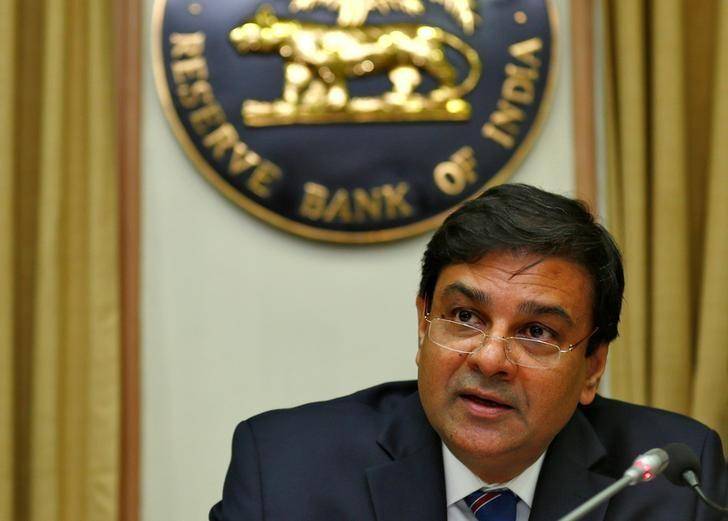India's banking sector continues to face "significant" levels of stress but the financial system remains stable overall after moves to enhance transparency, Reserve Bank of India Governor Urjit Patel said in the twice-yearly Financial Stability Report.
The report noted the gross non-performing advances ratio of commercial banks - a measure of stress in the sector - had increased to 9.1 percent in September from 7.8 percent in March, pushing the overall stressed assets ratio to 12.3 percent from 11.5 percent.
Stressed assets levels could increase further under baseline case scenarios, especially at state-run lenders, but the overall financial system remained stable after recent moves forcing banks to account for the true extent of bad loans in their balance sheets, the RBI said.
"While the domestic banking sector continues to face significant levels of stress partly reflecting legacy issues, on balance, enhanced transparency has helped to reinforce the stability of India's financial system," Patel said in the foreword of the report.
Patel also said domestic economic conditions remained "stable", adding India had seen "significant moderation" in inflation, although he also noted growth momentum "has slackened" recently.
The RBI Governor also endorsed India's shock move last month to remove higher-value notes from circulation, saying it would "impart far reaching changes," including in boosting digital payments, while acknowledging "the short-term disruptions in certain segments of the economy and public hardship."
The RBI this month unexpectedly kept interest rates unchanged, saying the economic impact from the so-called demonetization action would prove just transitory.






